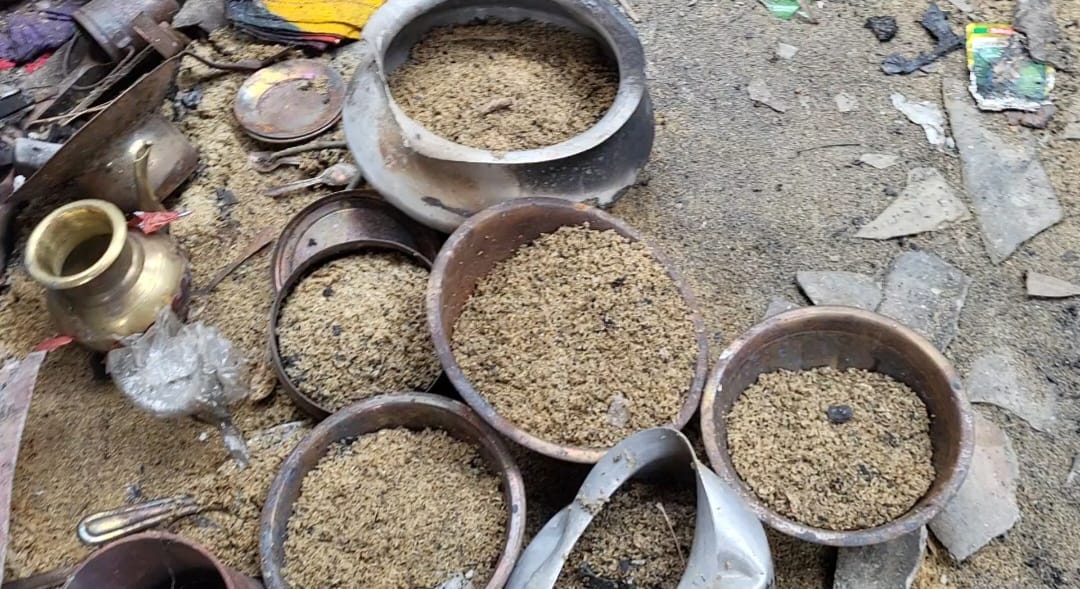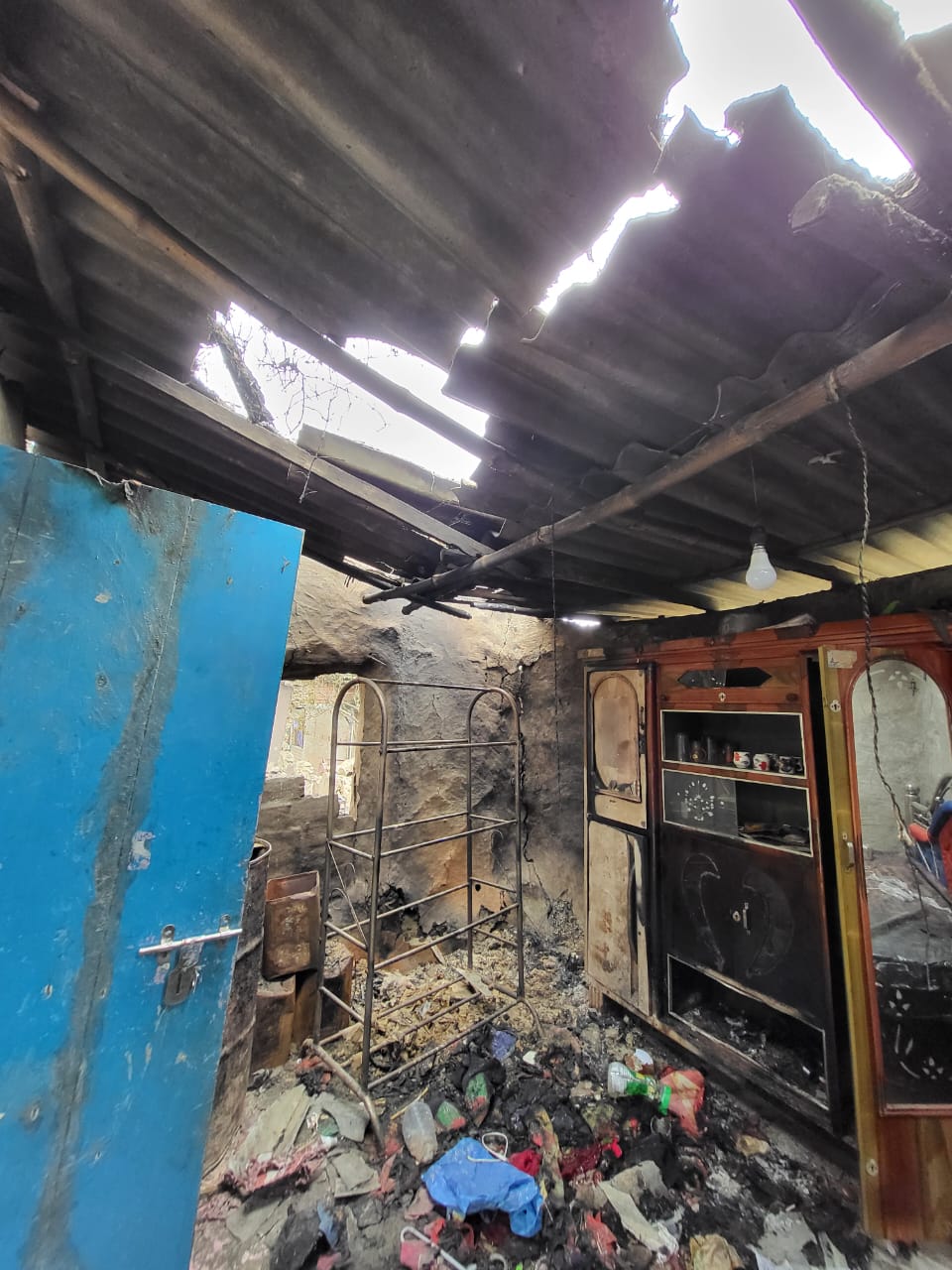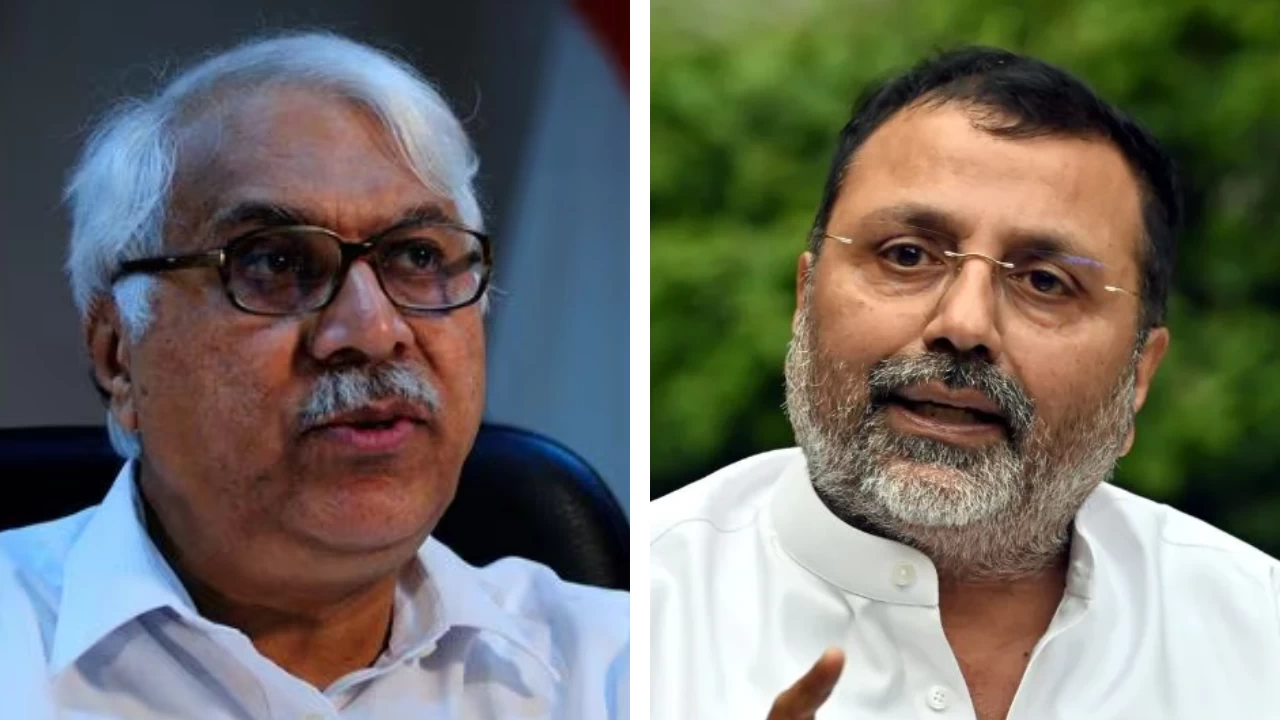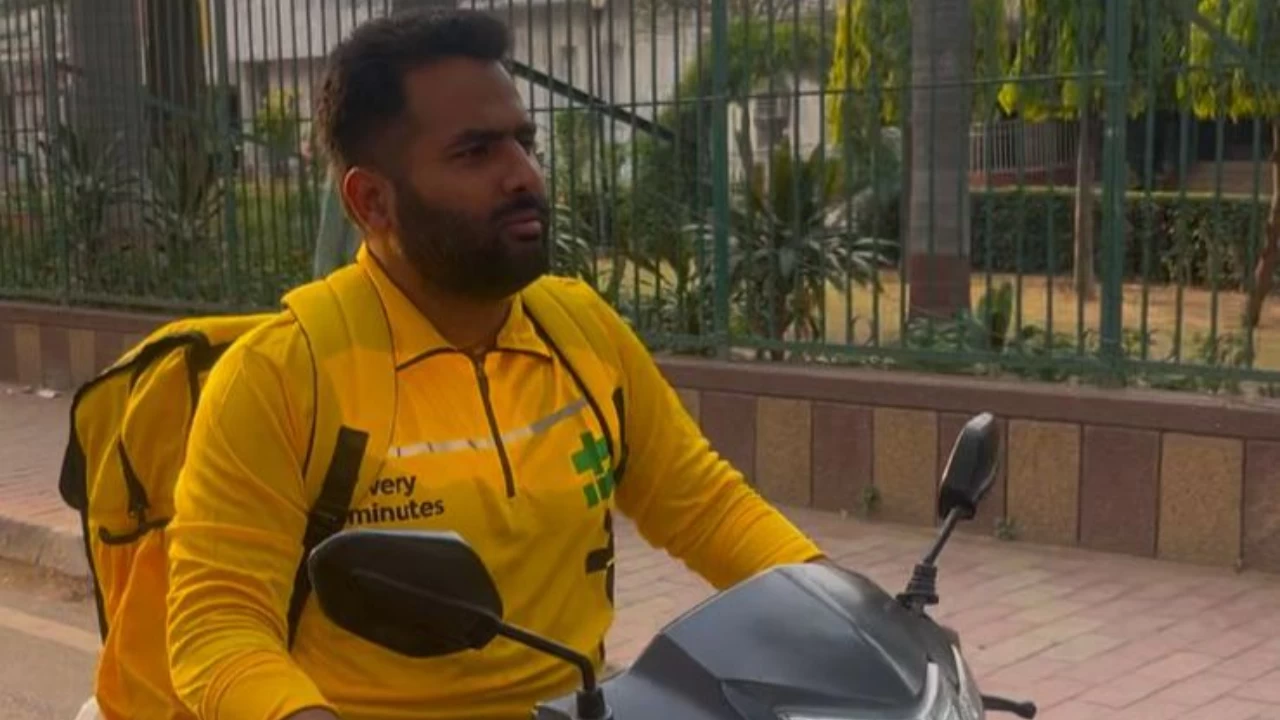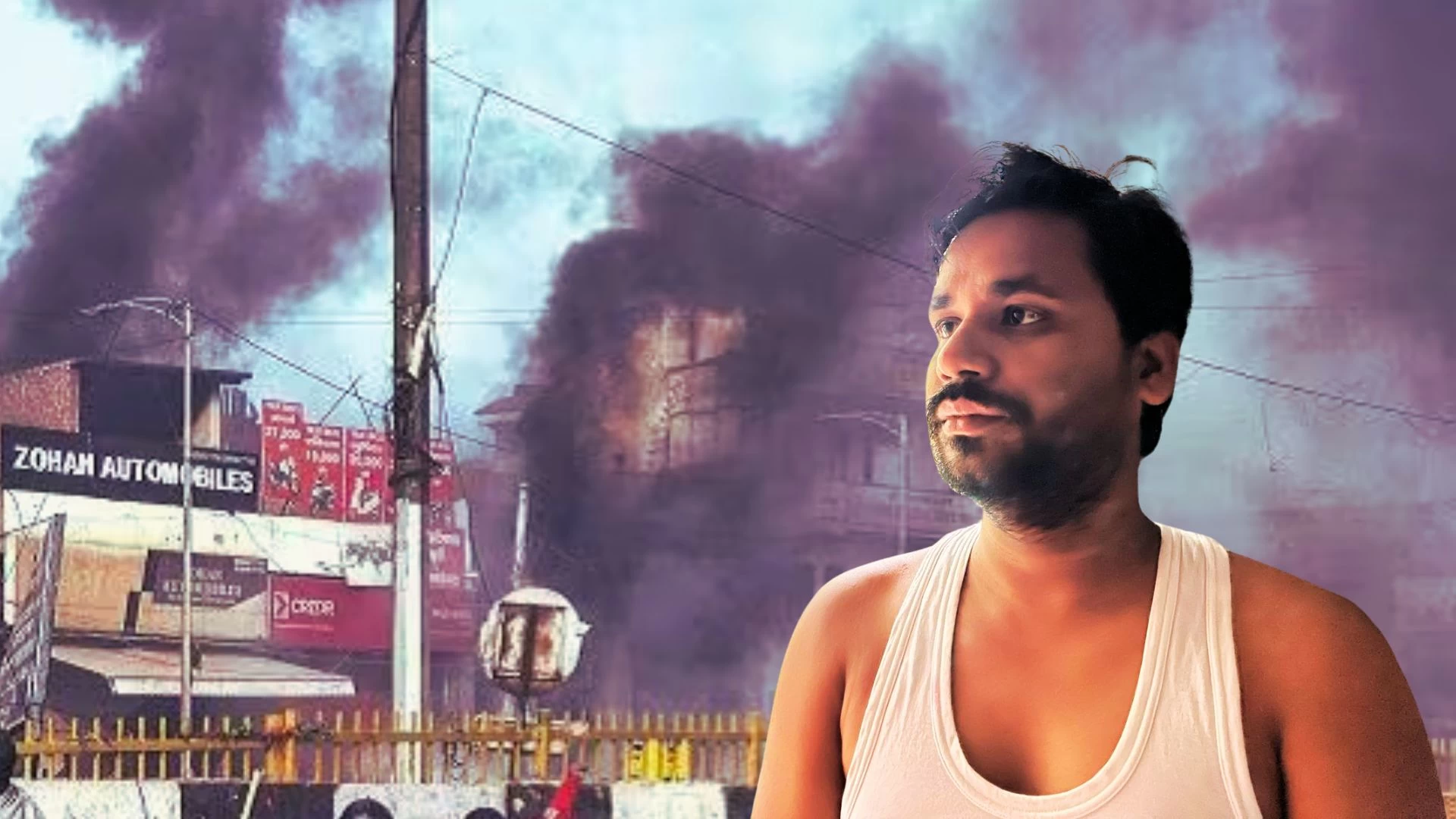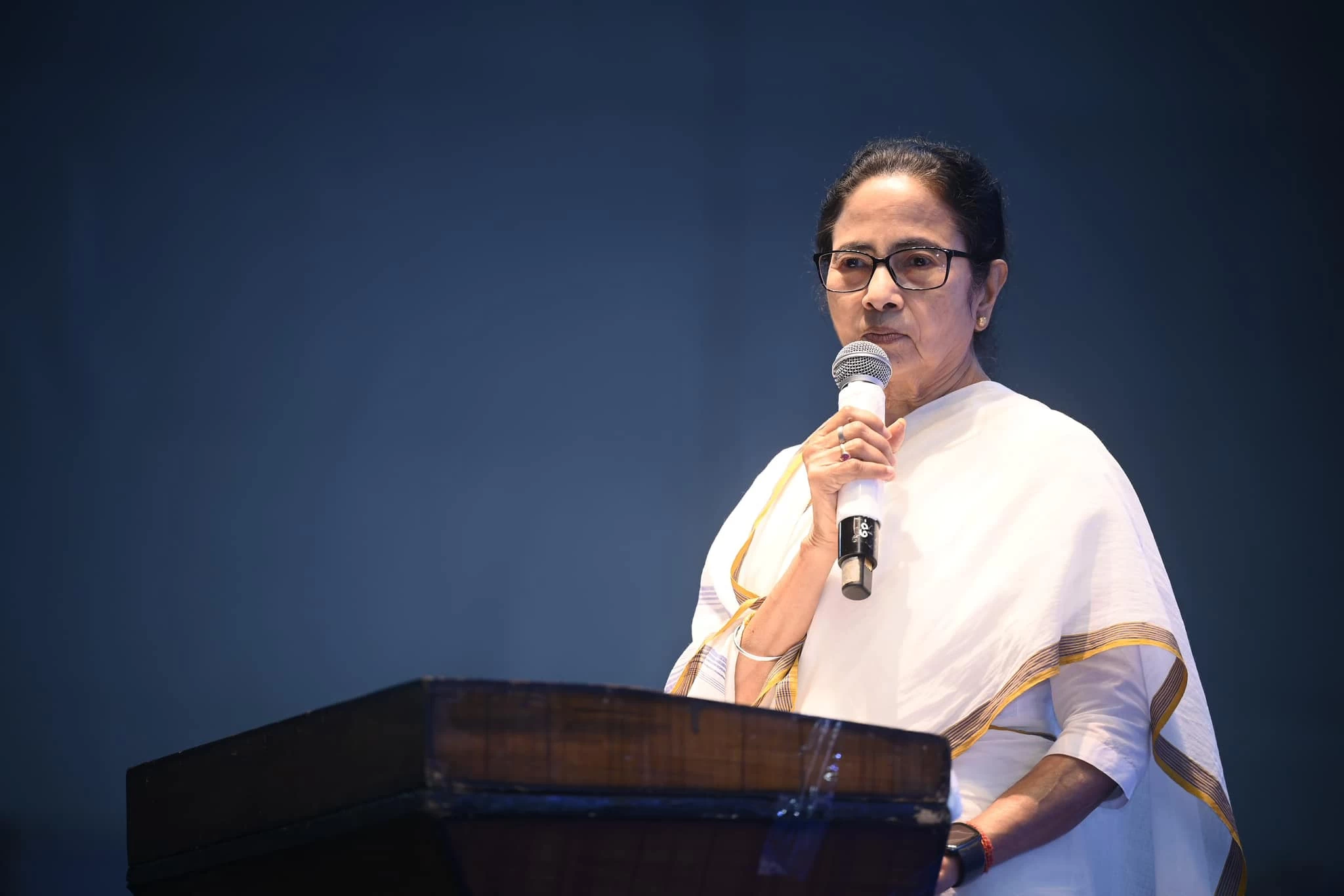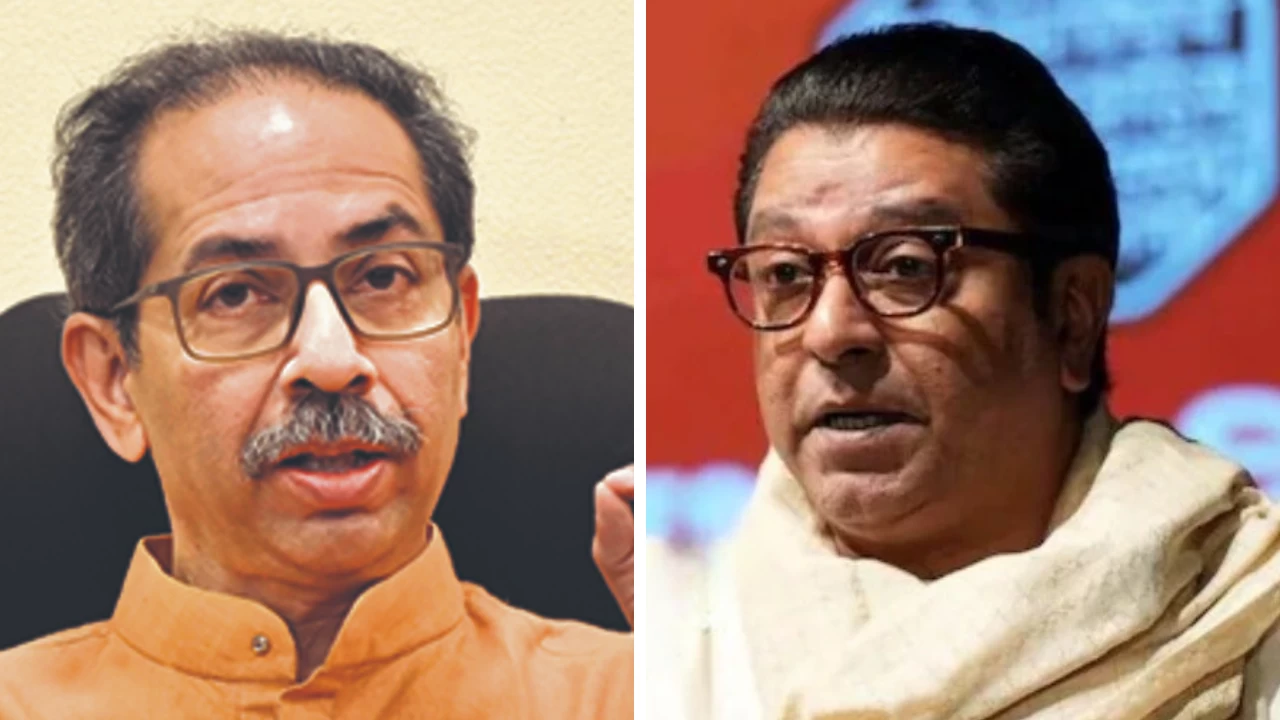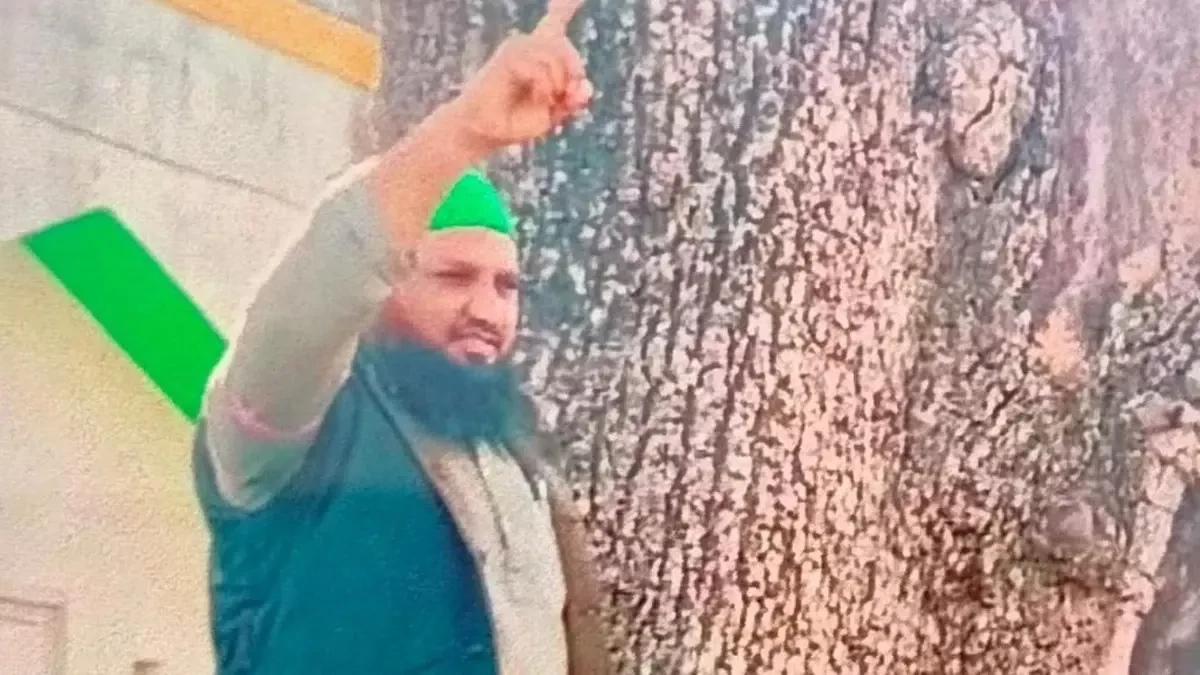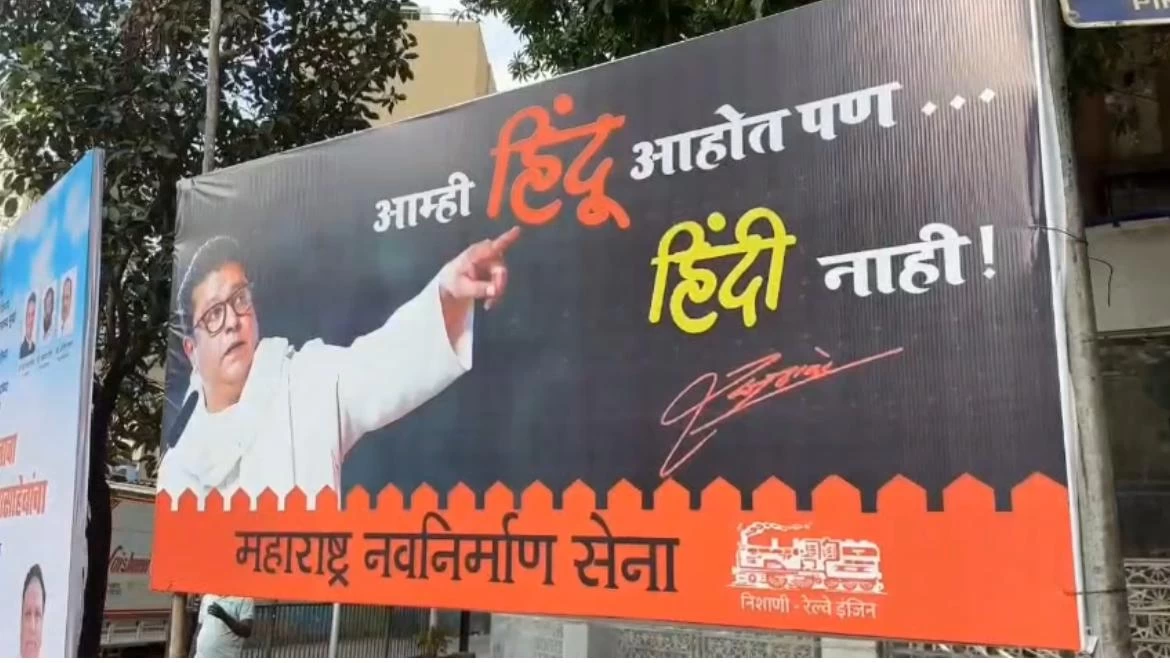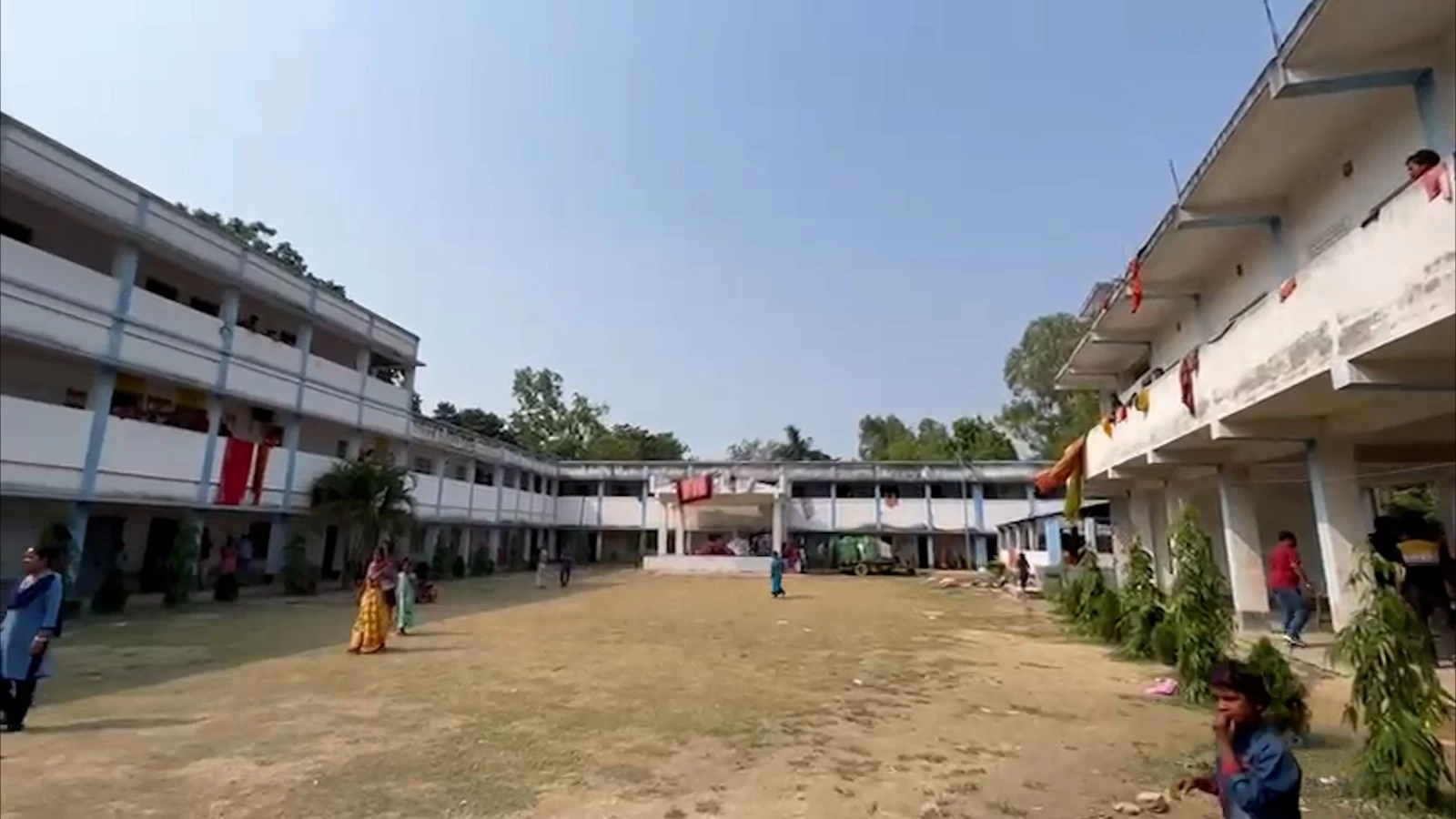Latest Updates
“Everything is gone…”: scars of violence in Bengal’s Daluakhaki in the aftermath of TMC leader's murder
.jpeg)
“They threw petrol bombs, gathered all our clothes, blankets and anything that came into their sight, poured petrol on it and set it ablaze, while we watched as dumbfounded spectators,” said Amina Laskar, a resident of the Daluakhaki village that bore the brunt of the retaliatory attacks in the aftermath of the murder of local Trinamool Congress leader in Bamungachi, West Bengal, on Monday. An investigation is underway and Saharul Sheikh, Anisur Laskar, and Kamaluddin Dhali have been arrested by the police.
Trinamool Congress leader, Saifuddin Laskar, the area president of Bamungachi in Joynagar, was shot during the wee hours of Monday morning, near his residence in South 24 Parganas, West Bengal. On his way to a mosque, adjacent to his house, the TMC leader was allegedly shot from the back, and he fell face flat, bleeding profusely outside the mosque. He was rushed to a local hospital where he was pronounced dead.
Laskar’s death sparked off a political show-down between the ruling Trinamool Congress and CPIM. TMC alleged that Saifuddin Laskar was murdered by CPIM workers, allegations strongly refuted by the left. While the TMC called it the Left’s indulgence in ‘terror politics’ in order to revive its political fortunes, CPIM called Saiffudin’s death a fall-out of TMC’s internal rift.
But what followed Saiffuddin’s death was mindless violence; one of the accused was lynched to death on Monday itself. The ired mob had allegedly launched an attack on CPIM workers in the area, more than 20 houses were vandalized, and ransacked, residents allegedly beaten up and valuables allegedly looted in a spate of retaliatory attacks at Daluakhaki, a known CPIM stronghold.
“I tried to reason with them, I begged them to spare some of my things, but they simply turned a deaf ear. One of them pushed me beat me up and fractured my leg. I still did not relent, trying to salvage the remnants of my house, and that is when they also burned my hands,” said Firoza Naskar, in between sobs. “I was writhing in pain, no one helped me. In the evening some journalists requested the police, after which I was taken to a hospital. Everything is gone, I have nothing left. How will I survive in the mere charred scaffold during the winter months?” she added, trying to adjust her broken foot in a comfortable position, in the hope of some momentary relief.
The locals have alleged that the police did nothing to help them; instead, the police as alleged stood there as silent spectators. “The police stood there, nothing was done. First, they came in, and in close heels, the miscreants stormed in and wreaked havoc,” alleged an angry Firoza Naskar.
We found Sairab Bibi, 32, squandering around her charred house trying to collect whatever the violence had left behind. “My daughter-in-law and I stood in the corner trying to protect my grandson with all our force. The men of the house had already fled because their presence would mean either inhuman treatment from the miscreants or police harassment. We have still not been able to contact them, and don’t know if we will be able to do so anytime soon,” said Sairab Bibi, who returned to the charred remnants of what she, called home after two days.
The tell-tale signs of the terror that had taken Daluakhaki by storm on that fateful day now lay in the burnt houses. Kilos of rice grains, now gone stale strewn all across the floor; utensils that were turned into puddles in the fierce flames too could be seen. Children’s books, their toys, and signs of that day’s unfinished business greet one at the sheer sight of horror. The occupants had no other option but to simply up and leave to save their lives, the act of taking belongings seemed like an afterthought. The displaced residents were given shelter at the local CPIM party office over the next couple of days. “I heard of Saifuddin’s death first thing in the morning, and before I could do anything, I was standing before a house engulfed in fire, with plumes of grey smoke surrounding the area. The intensity of the fire was so grave that it melted all utensils in my house. All we are living off right now are relief supplies that we have received,” Amina Laskar said while trying to make sense of the carnage that lay before her.
While we were leaving, the residents questioned if violence had pressed the pause button, what and who would press the restart button of their lives, and how. “I do not know what to do, where to go? You see, my leg is broken and it looks like it is going to rain, please tell me what else to do other than getting wet in the rain,” said a worried Firoza Naskar, anxiously looking at the ominous sky through the broken roof of her house.
Photo Gallery
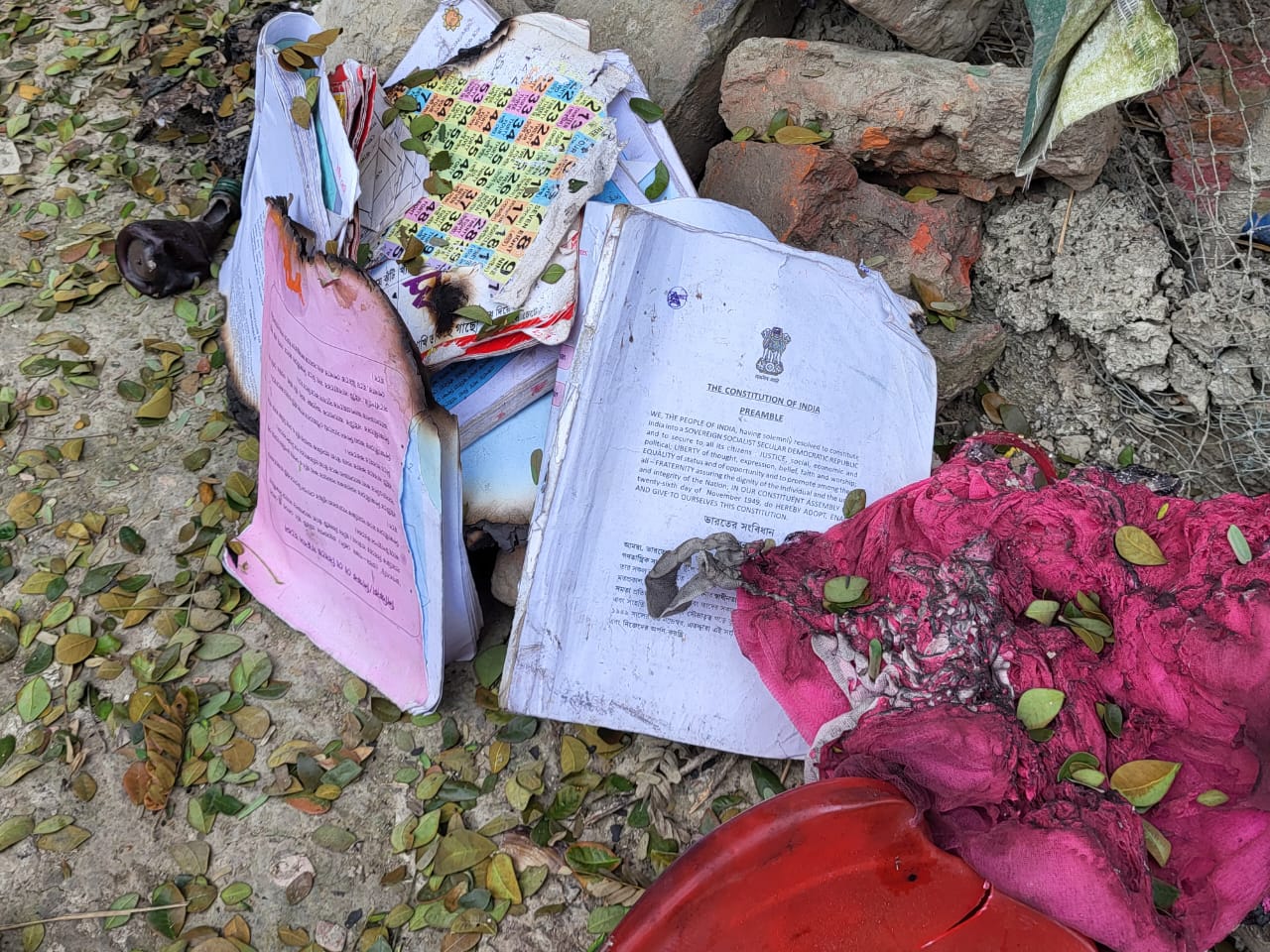
.jpeg)
